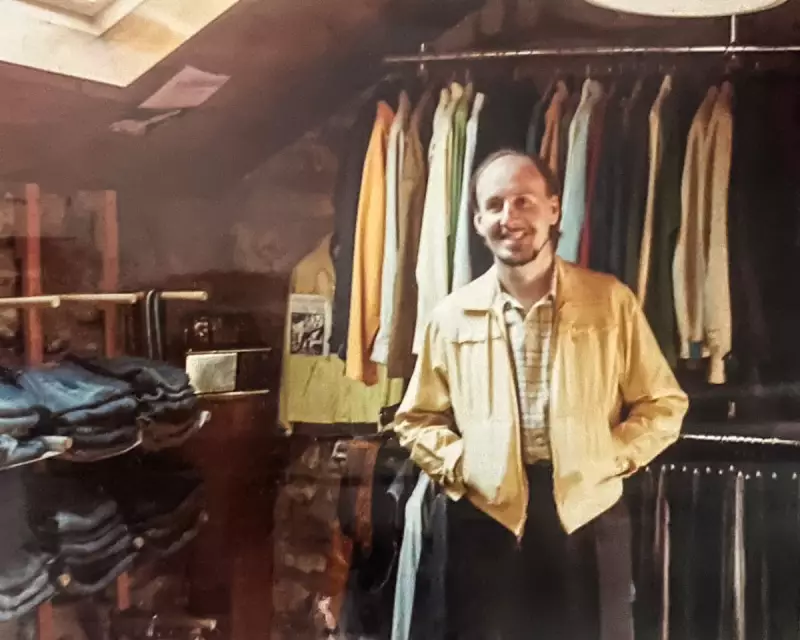
The world of disability rights and accessibility has lost one of its most formidable champions with the passing of Michael McVeigh at the age of 78. A man whose personal journey from adversity to advocacy created ripples of change across British society, McVeigh's legacy is woven into the very fabric of modern inclusive design.
From Personal Struggle to National Change
McVeigh's commitment to accessibility wasn't born in conference rooms or policy meetings, but from lived experience. After a life-altering accident in his twenties left him using a wheelchair, he encountered the countless barriers that made everyday life a challenge for disabled people in 1970s Britain.
Rather than accepting these limitations, McVeigh transformed his frustration into fuel for change. He once remarked in a memorable interview: "I didn't want to change myself to fit the world—I wanted to change the world to fit everyone."
Architect of Accessibility
McVeigh's most enduring contribution came through his pioneering work on what would become the UK's comprehensive accessibility standards. His approach was revolutionary for its time—focusing not just on ramps and lifts, but on creating environments that were genuinely inclusive.
Key Achievements Include:
- Development of the first comprehensive accessibility guidelines for public buildings
- Pioneering work on accessible public transportation systems
- Creating disability awareness training programmes adopted by major corporations
- Advising local governments on inclusive urban planning
A Legacy Beyond Legislation
While McVeigh's technical contributions were significant, those who worked with him remember his profound empathy and unwavering determination. Colleagues describe a man who could articulate the experience of exclusion with such clarity that he transformed sceptics into allies.
His philosophy was simple yet powerful: accessibility benefits everyone—parents with pushchairs, elderly citizens, temporary injury sufferers, and ultimately, the entire community.
An Enduring Impact
Today, countless public spaces, transportation systems, and workplaces across the UK bear the invisible imprint of McVeigh's work. The ramps we use without thought, the audible signals at pedestrian crossings, the spacious accessible toilets—all reflect his vision of a more inclusive society.
As we navigate a world made more accessible by his efforts, Michael McVeigh's story serves as a powerful reminder that meaningful change often begins with one person's refusal to accept the status quo. His work ensures that future generations will inherit a Britain more open, more accessible, and more inclusive than the one he first encountered.





